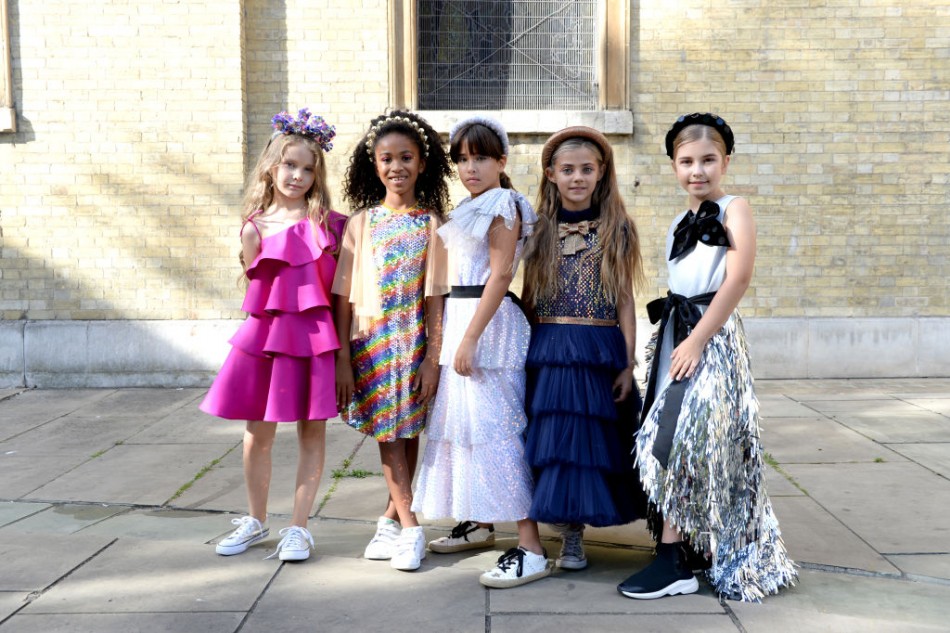How to Help Kids Embrace Diversity

For some parents, racism and discrimination are rarely or not at all discussed at home. Sometimes, parents find the topic quite tricky, so they remain silent. But when parents remain silent, kids can get the message that racism doesn't matter or is someone else's problem.
Many parents do not realize that kids can recognize differences in race at a very young age. According to a study, babies notice racial differences at six months, and pre-school kids show "in-group bias" when picking playmates. By grade school, young kids learn to recognize the inequity of power in skin color.
How do we raise compassionate, self-aware, and respectful kids?
Here are tips from some parenting experts:
1. Be open about race.
Children tend to note differences in color, facial features, hair color, and texture. Creating a box or category and naming these differences is the kid's attempt to make sense of the world and rationalize it.
So when a child comments about the color of someone's skin, support their questions and comments. Parenting coach Traci Baxley shared in CNBC that it may be a good idea to say something like, they are correct, it's a great observation, and it is nice to see different kinds of people and skin.
She added that it would also be nice to talk about "why" and "how." Fill your child with "a person's skin color is different because of the amount of melanin in the body. The more melanin you have, the darker your skin. If you have less melanin, your skin will look lighter," Baxley added.
Read Also: Maternal Mortality in the US is on the Rise; Black Women Affected the Most
2. Help them create a free space to change or share their feelings.
Anti-racism is more than just skin color. It is the practice of actively working to eliminate unfair treatment of people based on their skin color and helping dismantle laws, policies, attitudes, and practices that are unjust and inequitable.
Support your kid's desire to help others through thoughtful conversations like encouraging them to speak up. Baxley suggests saying, "sometimes, we have to speak up when things aren't fair, even when it is hard." When a child says they are scared, encourage them by saying, "It's OK to tell me you are scared. I get scared, too."
But KidsHealth warns giving kids a free space for their feelings can bring up strong emotions like anger, sadness, confusion, and others. Kids who have been victims of racism or have family members who were discriminated against might have even stronger feelings or fears about the topics. Let your kids know that what they are feeling is essential and OK.
Talking to your kids about race should not be a one-time thing. Encourage your child to come to you if they have questions and keep the conversation going.
3. Show your values.
Living the values of equal treatment for all, justice, standing up for those suffering, and respecting all people regardless of skin color and language is best shown in your action, not just words.
United Nations Children's Fund (UNICEF) suggests trying to introduce your child to diverse cultures and people from different races and ethnicities. Positive interaction with other racial groups helps eliminate prejudice and encourages cross-culture friendships.
Related Article: Today's Co-host Craig Melvin Reconciles with Dad to Be a Better Dad
© 2024 ParentHerald.com All rights reserved. Do not reproduce without permission.



